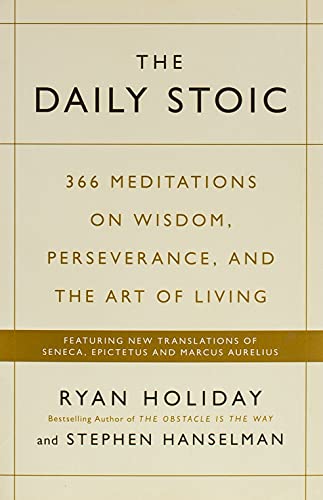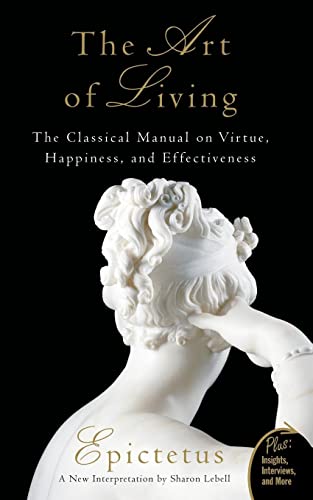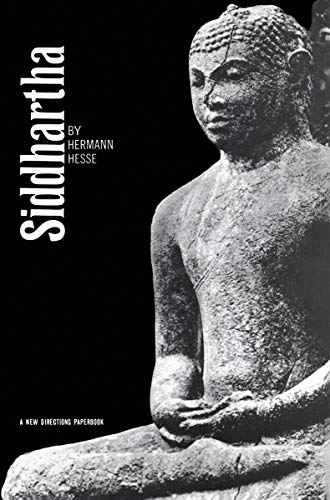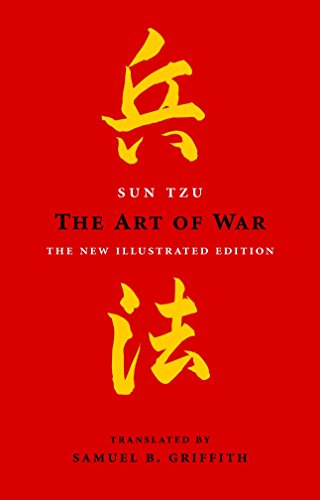The Daily Stoic
For this book summary offered by Book Rate, you can also access the book reviews from this area.
Click here to comment or see reviews for this book.
Book Detail
One Sentence-Summary: The Daily Stoic is a year-long compilation of short, daily
meditations from ancient Stoic philosophers like Seneca, Epictetus, Marcus Aurelius, and
others, teaching you equanimity, resilience, and perseverance via the three Stoic disciplines
of perception, action, and will.
Favorite quote from the author: “God grant me the serenity to accept the things I cannot
change, the courage to change the thingsI can, and the wisdom to know the diffrence.”
Stoicism is a popular philosophical concept that was born in Ancient Rome and Greece.
Today, thinkers and researchers still find it relevant as it delivers valuable life wisdom.
The stoic philosophy is simple in nature, but humans are complex beings that often
overcomplicate things. Perhaps that is why we find it so difficult to implement.
The Daily Stoic by Ryan Holiday is a great way to start learning about this philosophy and
applying it in your own life. The book has 366 short readings that will help you find
happiness in your day-to-day struggles—and eventually even in the most challenging
situations.
Here are the three most important lessons from the book that map the core principles of
stoicism:
1. Perception gives course to your thoughts, actions, and ultimately everything you do.
2. We can change the course of our life by actively managing our actions and responses.
3. Will is the internal power we as humans possess and use to nurture hope.
Philosophy is a large subject, so studying it may take much more than reading a summary
about Stoics. However, these three core lessons might take you one step closer to
understanding what a life lived in virtue means.
Lesson 1: As humans, we must learn to control our perceptions about the world if we
want to live purposefully.
Stoicism is a philosophy that teaches us how to control our emotions and maintain emotional
balance in all things. It is the practice of being able to achieve this state of emotional balance
by training the mind to be objective, calm, and rational.
The three core principles of stoicism are perception, action and will. We must learn how
to master perception first by understanding that we can never control anything external to
ourselves. All we can do is control our thoughts, actions and reactions.
By mastering these things, we can achieve a greater level of happiness and satisfaction in life.
You can’t control what happens to you, but you can control how you react to it by using your
perceptions to guide your actions.
For example, imagine someone steals your prepacked meal from the common fridge at the
workplace. You may be upset but that does not mean you have to be angry or spend all day
complaining about it. Instead, you can choose how to react appropriately and objectively.
Either let it go or place a formal complaint, but never worry without a purpose.
Lesson 2: Work on controlling your actions, instead of letting them control you.
Mastering a skill is not an easy feat, but learning about the stoic philosophy will help you
become much calmer, centered, and aware of your actions. Then, you’ll be able to focus on
objective perceptions, leave your biases behind, and act accordingly. Action is a core
component of Stoicism after perception is formed.
This is because if your perception is in control, you are the one who is acting. But if your
action is in control, then it’s like you are being acted upon. You should always be the actor
behind every step of your life. Still, not every perception requires an action. What really
should matter is the one thing that you can actively change.
A perception remains just that without action. Therefore, to master the skill of being a
stoic, you must first analyze your thoughts. Note if they’re subjective and try to move
objectively through the chain of thought. Then, dismiss them if you cannot find a way to
change the situation. Naturally, there’s only so much you can act upon.
If someone says something mean about you, you’ll first form a perception about it. You’ll be
angry, indifferent, or anything in between. Now, is there anything you can do about it? No –
so there’s no need to act upon that. And there you have it – the Stoic philosophy applied.
Lesson 3: Will sticks with us when everything else fades.
The third core concept of the Stoic philosophy is will. So far, we’ve explored how perception
must be interpreted, changed, and how action is a result of it. Action is not always necessary,
and it’s a powerful act that can change our life.
Will is an inner power that gets us through life’s bumpy rides. It’s the act of trying more
or keeping hope alive, or pushing through hardship when life feels impossible. It also helps us
see past the obstacle and build new, better ways from whatever sour lemons we’ve been
thrown.
Will is often interpreted as an unbreakable ambition to make the impossible possible. While
doing such things indeed comes from our inner force, stoics find will to be more about a sense
of humility, resilience, and acceptance. Under the toughest hardships that life prepares for
each and every one of us, it is will that helps us go through.
Both types of will are within us, but in times of true heartbreak, pain, and hurt from within,
the silent will is our friend. When life sends us obstacles and challenges to bypass and grow
stronger, ambitious will can take us farther. As humans, we have to discover these powers
within ourselves and learn to harness them.
The Daily Stoic Review
The Daily Stoic delves into the three most important concepts of stoicism by studying 366
meditations from ancient renewed thinkers .
The book addresses the natural thinking process of humans by pointing out areas of
improvement that we can work on through a fresher perspective, acts of change, and the
power of will.
While highlighting the main concepts of this philosophy, the author proves a core point of
thought – we can improve our life right away, starting from the way we think. A good life is
all about perception, and material things rarely bring long-lasting happiness. Continuous
improvement is the key to achieving wisdom.
Last Evaluated !













